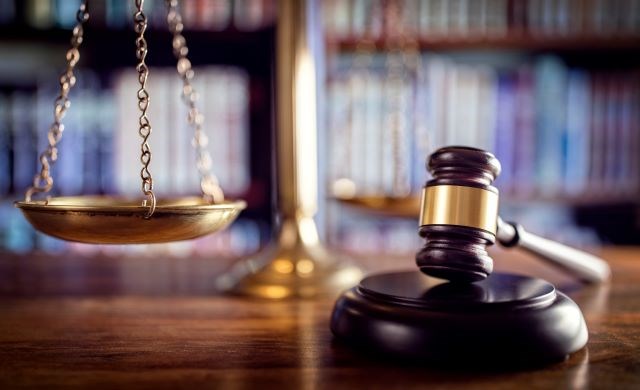Trials, which have been suspended for much of the past year, resumed this week in Longmont and Boulder.
Jury trials started again on Monday.
Civil jury trials, with the exception of those dealing with dependency and neglect, will be continued until July 19, according to a post on the 20th Judicial District page on the Colorado Judicial Branch website.
The pause in trials in response to the coronavirus pandemic has created a backlog in Boulder County and across the state, the District Attorney’s Office stated in a news release.
“In Boulder County, there are 113 felony jury trials, all of which take several days to complete, scheduled for the next 100 days,” the DA’s Office stated in the release. “Throughout the state of Colorado, there is a backlog of 14,000 trials. The District Attorney’s Office, along with the Colorado Supreme Court, has urged the state Legislature to take action to address the speedy trial implications associated with this backlog.”
District Attorney Michael Dougherty, in the release, stated, “It is a long and difficult journey through this pandemic, but there is a light at the end of the tunnel. We are excited for trials to get underway because public safety is our top priority and the justice system grinds to a halt without trials. I am so grateful to the dedicated public servants of the DA’s Office. We greatly appreciate the many community members who serve as jurors, especially so throughout the pandemic.”
Trials are resuming with a number of safety protocols in place, which the DA’s Office stated were developed in coordination with Boulder County Public Health.
Among the protocols, as outlined by the 20th Judicial District’s Jury Trial Resumption Plan, are requirements for all trial participants — judges, attorneys, jurors, defendants, witnesses and deputies — to properly wear masks at all times. Jurors who cannot wear a mask for medical or personal reasons must be excused, according to the plan.
Jurors also are encouraged to bring an extra mask and “extra masks will be kept on hand by the Judicial District to replace masks that break or become soiled,” according to the plan.
Social distancing of 6 feet also will be enforced and every “courtroom, as well as the Jury Assembly Room, has personal protective equipment consisting of hand sanitizer (by the courtroom door, on the bar, and on the witness stand), sanitizing wipes, tissues, wastebasket and gloves,” according to the plan. To accommodate 6-foot spacing, the jury pool will remain in the courtroom gallery during jury selection and the trial itself, the plan states.
Prospective jurors upon arrival also will be screened for COVID symptoms.
Jurors will be asked to report to the bailiff if they experience any COVID-19 symptoms during the course of the trial and will be sent home if they do, according to the plan.
In addition, before “dismissing the jurors at the end of the day, the judge will advise jurors to not return for jury duty the following day if either they or anyone in their household is experiencing COVID-19 symptoms.”
Court employees will complete an online COVID-19 health assessment daily before entering the building, and attorneys and witnesses also are asked to review the same symptom screening questions as jurors each day before the start of trial proceedings, according to the plan.
Members of the public will not be permitted in the courtroom and will be provided Webex information to watch remotely. Media also will not be allowed to attend trials in person.
The official record for all proceedings will be maintained by a digital recorder. Court reporter positions were cut last year as the Judicial Branch made a number of reductions to its budget in response to the pandemic.


